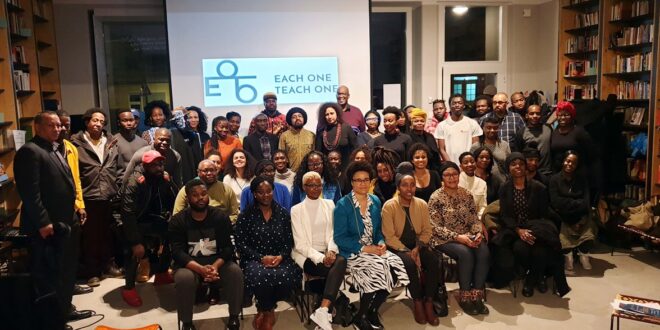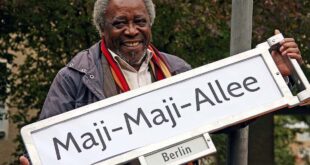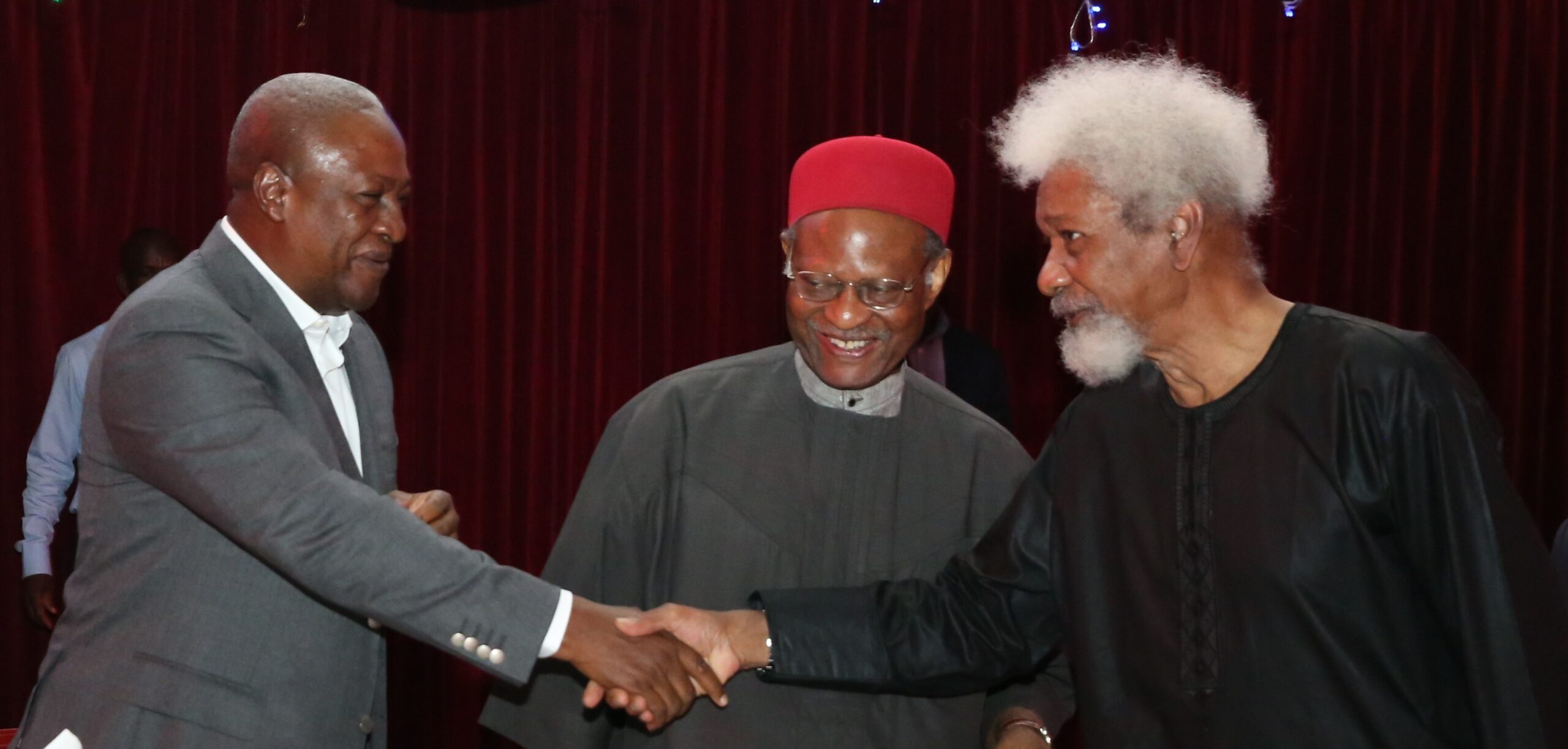Germany is observing Black History Month (BHM) this February with a range of events celebrating the culture, history and contributions of people of African descent. Originally an American tradition, the Month has steadily gained recognition in Germany, with various organizations and communities hosting programs that highlight both historical narratives and contemporary issues faced by Black people in the country.
In the German capital, various organizations will organize exhibitions, concerts and workshops throughout February. Groups such as Each One Teach One (EOTO), tubman.network and the Initiative of Black People in Germany (ISD) play a key role in hosting discussions on identity, representation and social justice. The city’s vibrant celebrations provide a platform for artists, academics and community leaders to share their experiences and perspectives.
Hamburg is also gearing up for an inspiring BHM in 2025. Building on the success of previous years, the city has announced a series of events to commemorate the month. While specific details are forthcoming, organizers have expressed enthusiasm for the upcoming celebrations.
The Month will also be marked in Cologne, Stuttgart and Munich, among others.
The significance of BHM in Germany extends beyond its commemorative events. The Black German Heritage & Research Association (BGHRA) plays a pivotal role in promoting Black history and culture. Their 2025 conference, titled “Rekinning, Reckoning and Justice,” is set to explore themes pertinent to the Black experience in Germany.
Educational Programs and Historical Recognition
Universities and schools across Germany are increasingly incorporating Black history into their lessons, hosting lectures and seminars that examine the African diaspora’s impact on German society. Topics include African migration, the role of Black individuals in European history and their contributions to fields such as science, politics and the arts. These initiatives seek to promote inclusivity and a more comprehensive understanding of history among students.
Recent discussions have also highlighted lesser-known figures in history, such as Georges Dukson, a Gabonese soldier and member of the French resistance during World War II. Dukson’s presence in historical photographs from the liberation of Paris in 1944 challenges the long-standing exclusion of Black soldiers from mainstream European war narratives. His story, along with many others, continues to inspire calls for a more accurate representation of Black contributions in historical discourse.
Grassroots Involvement and Future Perspectives
Black History Month in Germany is largely driven by grassroots organizations, cultural centres and local initiatives. Community events include storytelling sessions, traditional African cuisine showcases and fashion exhibitions that celebrate the richness of the African diaspora. These programs not only foster cultural appreciation but also create spaces for dialogue on issues such as systemic discrimination, economic opportunities, and the portrayal of Black people in German media.
As the Month gains wider recognition in Germany, it reflects a growing awareness of the need to acknowledge and celebrate the contributions of Black people to the nation’s past and present. With increasing participation each year, the movement continues to push for greater inclusivity and a deeper appreciation of Germany’s diverse cultural landscape.
Vivian Asamoah
 THE AFRICAN COURIER. Reporting Africa and its Diaspora! The African Courier is an international magazine published in Germany to report on Africa and the Diaspora African experience. The first issue of the bimonthly magazine appeared on the newsstands on 15 February 1998. The African Courier is a communication forum for European-African political, economic and cultural exchanges, and a voice for Africa in Europe.
THE AFRICAN COURIER. Reporting Africa and its Diaspora! The African Courier is an international magazine published in Germany to report on Africa and the Diaspora African experience. The first issue of the bimonthly magazine appeared on the newsstands on 15 February 1998. The African Courier is a communication forum for European-African political, economic and cultural exchanges, and a voice for Africa in Europe.


































